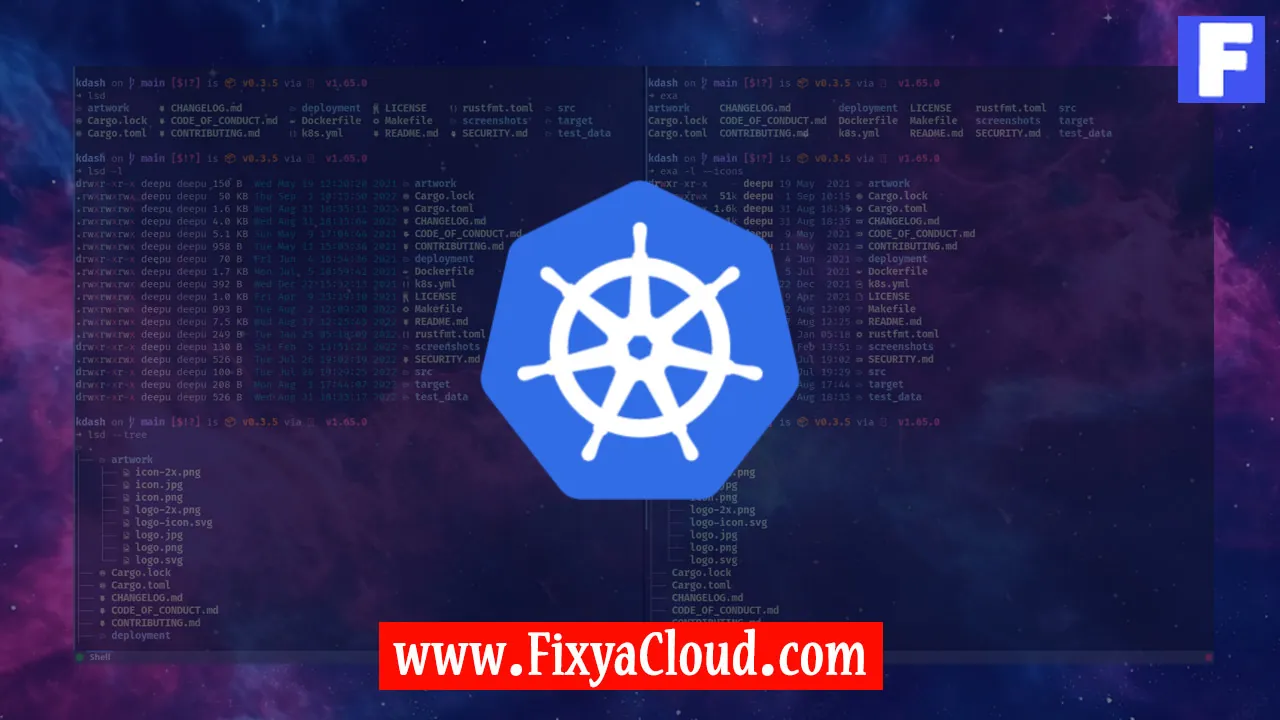Can Kubernetes Orchestrate Docker Containers?

In the ever-evolving landscape of containerization and orchestration, Docker and Kubernetes have emerged as two of the most prominent technologies. Docker simplifies the deployment of applications inside lightweight, portable containers, while Kubernetes orchestrates and manages these containers to ensure seamless scalability, fault tolerance, and efficient resource utilization. This article aims to explore the relationship between Kubernetes and Docker, answering the crucial question: Can Kubernetes effectively orchestrate Docker containers?
Understanding Docker Containers:
Before delving into the orchestration capabilities of Kubernetes, it's essential to grasp the fundamentals of Docker containers. Docker allows developers to package applications and their dependencies into containers, ensuring consistency and reproducibility across different environments. Containers encapsulate everything needed to run an application, making it easy to deploy and manage applications seamlessly.
The Role of Kubernetes in Orchestration:
Kubernetes, often abbreviated as K8s, is a powerful container orchestration platform that automates the deployment, scaling, and management of containerized applications. While Kubernetes supports various container runtimes, Docker remains one of the most popular choices. Kubernetes abstracts the underlying infrastructure, providing a unified API for deploying and managing applications regardless of the environment.
Commands for Interacting with Kubernetes and Docker:
To explore the orchestration capabilities, let's look at some essential commands for interacting with Kubernetes and Docker:
Check Kubernetes Nodes:
kubectl get nodesDeploy a Docker Container in Kubernetes:
kubectl run <pod-name> --image=<docker-image>Scale Deployments:
kubectl scale deployment <deployment-name> --replicas=<desired-replica-count>View Kubernetes Pods:
kubectl get pods
Step-by-Step Instructions for Orchestration:
Install Docker and Kubernetes:
Ensure Docker is installed on your machine. For Kubernetes, you can use a tool like Minikube for local development or follow the documentation for setting up a cluster.Run a Docker Container Locally:
docker run -d -p 80:80 --name my-container nginxDeploy Docker Container in Kubernetes:
kubectl run my-pod --image=nginx --port=80Scale the Deployment:
kubectl scale deployment my-pod --replicas=3Check the Status:
kubectl get podsClean Up:
kubectl delete deployment my-pod
More Examples of Kubernetes and Docker Integration:
Use Docker Compose with Kubernetes:
Leverage Docker Compose to define multi-container applications and Kubernetes to orchestrate them seamlessly.Persistent Storage with Docker Volumes and Kubernetes Persistent Volumes:
Explore how to manage data persistence across Docker containers orchestrated by Kubernetes.Ingress Controllers for Routing and Load Balancing:
Implement Ingress controllers to manage external access to services running in Kubernetes-managed Docker containers.
So, Kubernetes can indeed orchestrate Docker containers effectively. The integration of these two technologies allows for seamless deployment, scaling, and management of containerized applications. Whether you are a developer, system administrator, or IT professional, understanding the synergy between Kubernetes and Docker is crucial for building robust and scalable containerized environments.
Related Searches and Questions asked:
That's it for this topic, Hope this article is useful. Thanks for Visiting us.
